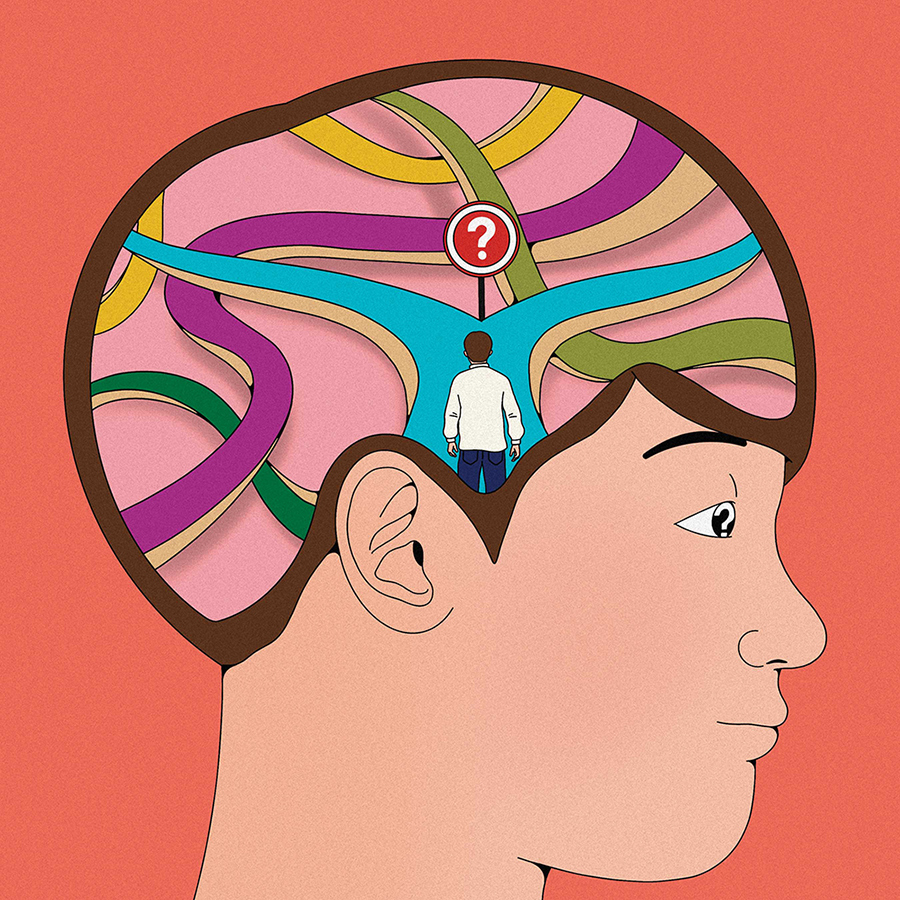People often make decisions that are detrimental to themselves – or society. They smoke cigarettes. They don’t save enough for retirement. They neglect to get the flu shot. Researchers at Behavioural Economics in Action at Rotman (BEAR), a group that operates at the intersection of psychology, economics and management, are interested in what influences people’s decisions – and how these factors can be used to nudge them toward more positive results.
Take organ donation, for example. To meet the demand for organ transplants in Ontario, we need more organ donors. But convincing people to sign up for the program isn’t easy; only about a third of Ontarians have done so. Nicole Robitaille, a former PhD student with BEAR (and now a professor at Queen’s University), led a study that analyzed Ontario’s process for registering donors and then tested a series of low-cost changes informed by behavioural economics. The result? Enrolment rates rose 80 per cent. Here is what she and her research team did:
› They simplified the registration form. The previous form was long and complicated, says Robitaille. The researchers removed unnecessary information and made it clearer.
› They tested the impact of adding prompts to the form, such as: “If you needed an organ transplant, would you have one? If so, please help save lives and register today.” The researchers tested three statements, as well as a separate brochure with information about organ transplants. The goal of each was to trigger a desire to help, and get visitors to register as an organ donor, says Robitaille.
› They handed out the form at the beginning of the Services Ontario visit rather than the end. This gave visitors the chance to read and fill out the form as they waited.
Dilip Soman, the director of BEAR, says the group has worked with more than two dozen organizations, in Canada and internationally, to help them generate better outcomes on everything from vaccine uptake to pension contributions. With additional funding, he says, the group hopes to develop a science around using behavioural science. It plans to establish an open online course, build a digital lab to help organizations become more evidence-based, and develop courses in behavioural economics for undergraduate and master’s students.
Recent Posts
People Worry That AI Will Replace Workers. But It Could Make Some More Productive
These scholars say artificial intelligence could help reduce income inequality
A Sentinel for Global Health
AI is promising a better – and faster – way to monitor the world for emerging medical threats
The Age of Deception
AI is generating a disinformation arms race. The window to stop it may be closing





